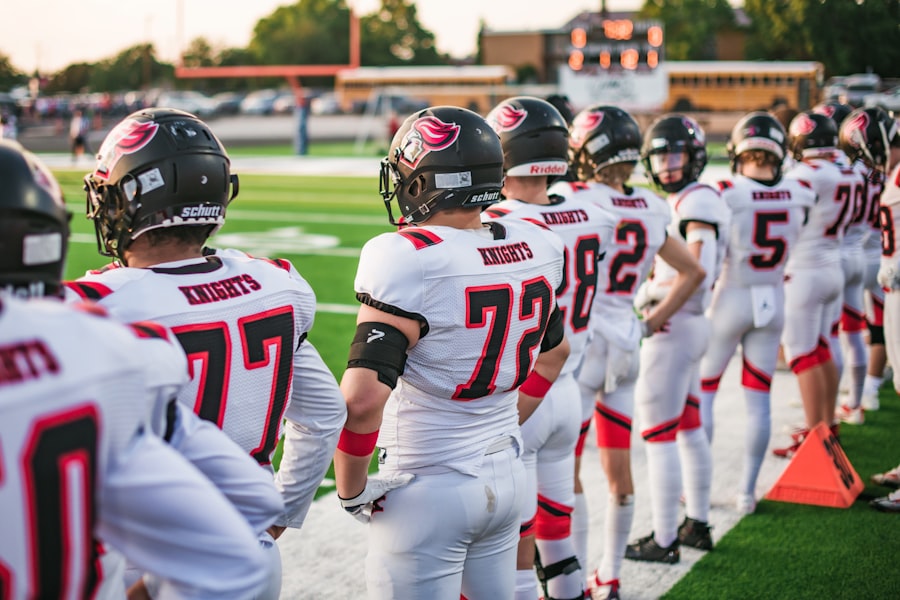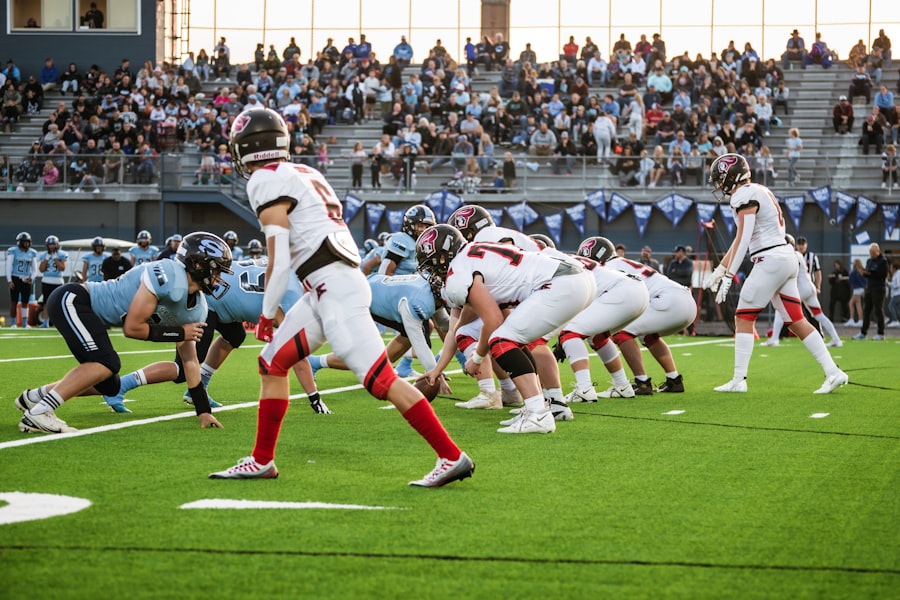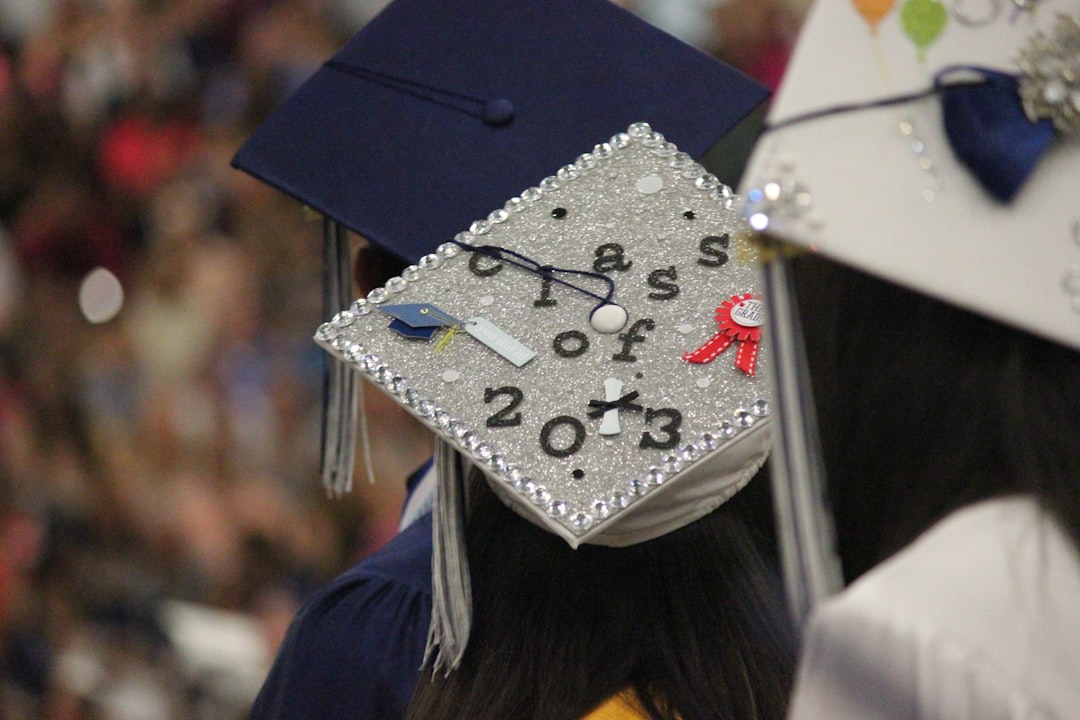Psychology plays a key role in American high schools, as it focuses on understanding and improving the emotional and mental health of students. In this educational setting, psychologists work to identify and address issues that may affect a student's academic success and overall well-being. Their role includes providing support in the development of social skills, emotional intelligence and the ability to cope with stress.
Psychologists also help create a positive school environment that encourages students to feel safe and supported, which is essential for their development. Additionally, secondary school psychologists often work with teachers and parents to create a comprehensive approach to education. They provide training and resources to identify emotional and mental problems in students, as well as strategies to overcome them.
This collaboration allows for the creation of a community that understands the importance of mental health and supports students in their challenges. The role of psychology in secondary schools is not only to deal with problems, but also to promote the healthy development and well-being of all students.
Key Takeaways
- Psychology plays a key role in America's high schools, supporting students in their emotional and academic development.
- A psychologist's advice for high school students includes techniques for managing stress, developing self-confidence, and resolving conflicts with peers.
- A psychological approach to learning and education involves understanding the individual needs of students and adapting the teaching process to support their overall development.
- Problems that high school students face, such as anxiety, depression and peer violence, can be solved with the help of a psychologist through counseling and therapy.
- Psychological programs and resources in American high schools provide support to students through support groups, mental health workshops, and individual counseling.
- A career in educational psychology offers the opportunity to work as a school psychologist, learning counselor or teacher with a focus on the emotional development of students.
- The importance of psychological support in the high school environment is reflected in the creation of a safe and supportive environment for students, which contributes to their success and well-being.
Psychologist's advice for high school students
Psychologists often offer a range of advice to high school students to help them cope with the challenges of adolescence. One of the key tips is the importance of setting realistic goals. Students should understand that achieving success is a process that requires time and effort, and that it is important to set achievable goals that will motivate them.
Psychologists encourage students to break larger goals into smaller, manageable steps, which can reduce feelings of overwhelm and boost confidence. In addition, psychologists emphasize the importance of emotional regulation. Students often go through different emotional stages, and the ability to recognize and manage their emotions can significantly affect their daily lives.
Psychologists recommend techniques such as keeping a diary of feelings or practicing mindfulness to help students learn to cope with stress and anxiety. These strategies not only help with immediate situations, but also develop skills that will be useful throughout their lives.
Psychological approach to learning and education

A psychological approach to learning and education emphasizes the importance of understanding how students learn and develop throughout their educational journey. Psychologists use various learning theories to tailor instruction to the needs of students. For example, the theory of multiple intelligences suggests that each person has unique talents and ways of learning, which means that teachers should use a variety of teaching methods to accommodate different learning styles.
This approach not only improves academic performance, but also encourages creativity and critical thinking. Also, psychologists focus on motivation as a key factor in the learning process. Understanding what motivates students can help teachers create inspiring environments that encourage active learning.
Psychologists often recommend using positive reinforcement, such as praise or rewards, to increase student motivation. This approach not only improves student performance, but also contributes to the development of a positive attitude towards learning and education as a whole.
Problems that high school students face and how a psychologist can help them
High school students face a number of issues that can affect their mental health and academic success. One of the most common challenges is academic performance pressure. Many students feel the need to achieve high grades to meet parental or societal expectations, which can lead to stress and anxiety.
A psychologist can help students develop strategies to manage these pressures, such as relaxation techniques or time management, thereby reducing feelings of overwhelm. In addition to academic pressures, high school students often face issues of identity and social interaction. Adolescence is a time when identities are formed, and many students struggle with questions like "Who am I?" or "Where do I belong?".
A psychologist can provide support through individual or group sessions, where students can openly discuss their feelings and experiences. This type of support can help students build confidence and develop healthy peer relationships.
Psychological Programs and Resources in American High Schools
American high schools offer a variety of psychological programs and resources designed to support students' mental health. Many school districts have teams of school psychologists who work directly with students, teachers and parents to identify needs and provide appropriate assistance. These teams often organize workshops on topics such as stress management, emotional intelligence and violence prevention, thereby creating awareness of the importance of mental health.
In addition, many schools offer counseling programs that allow students to talk to professionals about their problems. These programs can include individual sessions, group therapy or even online resources that are available 24/7. Students can get help with a variety of issues, from academic challenges to personal issues, allowing them to feel supported throughout their high school years.
A career in educational psychology

A career in educational psychology offers many opportunities for those who want to contribute to the development of young people through an understanding of their emotional and mental health. Educational psychologists work in a variety of settings, including schools, universities, research institutions, and private practices. Their work includes researching how various factors affect the learning process, as well as developing programs that help students overcome obstacles on the way to success.
In addition, educational psychologists often participate in teacher training to help them better understand the needs of their students. This collaboration can lead to the creation of a more inclusive educational environment that takes into account the different learning styles and emotional needs of students. A career in this field not only provides an opportunity for professional development, but also allows individuals to make a positive impact on the lives of young people.
The importance of psychological support in the secondary school environment
Psychological support in the secondary school environment is essential for the well-being of students. At a time when they are facing numerous challenges, such as academic pressures, social interactions and personal problems, the availability of professional help can significantly affect their development. Psychologists play a key role in creating a safe space where students can openly discuss their feelings and experiences without fear of judgment.
In addition, psychological support can contribute to the creation of a positive school environment that encourages cooperation and mutual respect among students. When students feel supported, they are more likely to develop healthy relationships with peers and teachers, which can improve the overall atmosphere of the school. Investing in young people's mental health is not only beneficial for individuals; it is an investment in the future of the community that will have long-term benefits for all its members.
If you are interested in education in the United States, especially dual degree programs, I recommend reading the article on Dual Diploma. This article explains in detail how the dual degree system works in America, which can be especially useful for high school students who are thinking about their future academic steps and want to make the most of their education abroad.
FAQs
1. What types of high schools are there in America?
There are public high schools, private high schools, specialized high schools (eg art schools, technical schools) and boarding high schools.
2. How are secondary schools chosen in America?
In most cases, students choose secondary schools based on their location of residence. However, there are also private schools that require an application and selection process.
3. What are the most popular fields of study in high schools in America?
The most popular areas of study in high schools in America include math, English, history, science, languages, art, and music.
4. How does counseling work in high schools in America?
High school counseling in America includes supporting students in career choices, academic success, personal development, and problem solving. Psychologists and counselors work with students to provide support and guidance.
5. How are students evaluated in high schools in America?
Students are evaluated based on their performance on tests, assignments, projects, and other activities. Grades are usually assigned based on a grading system that includes A, B, C, D, and F.

